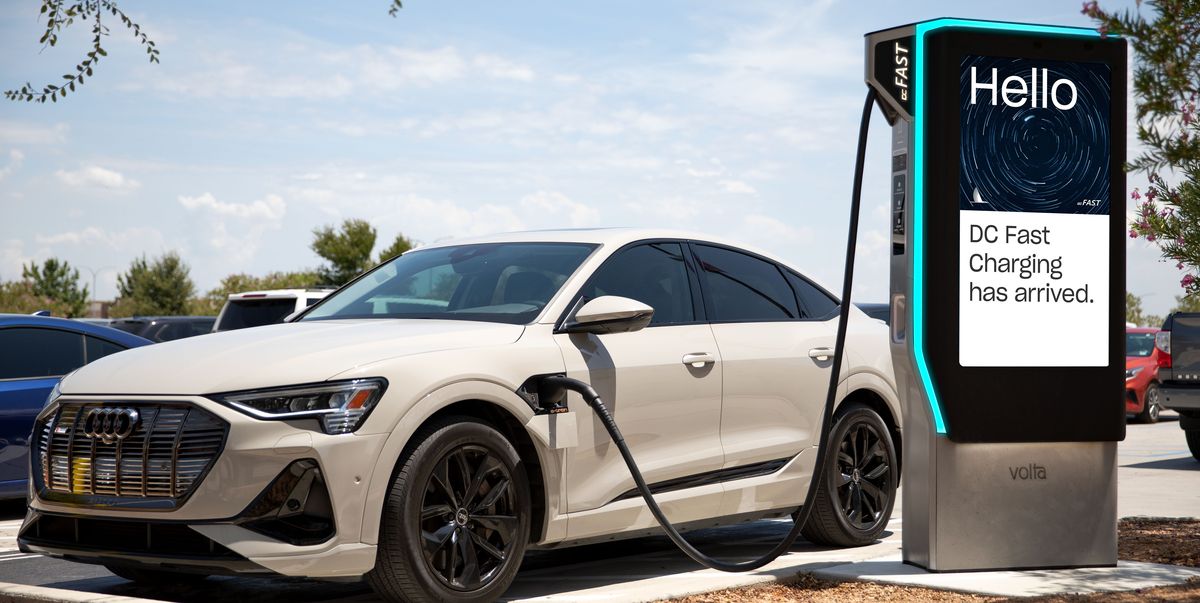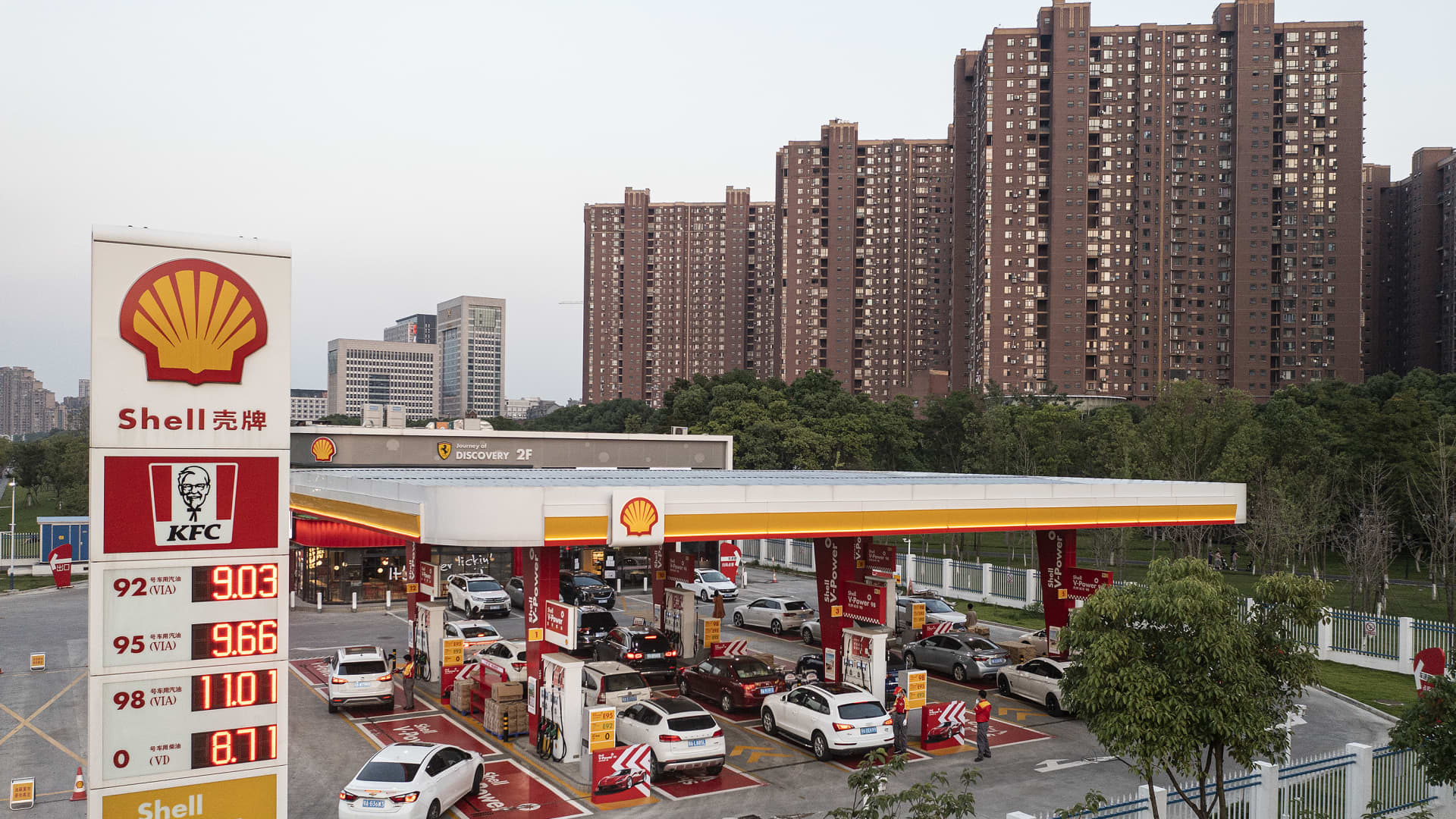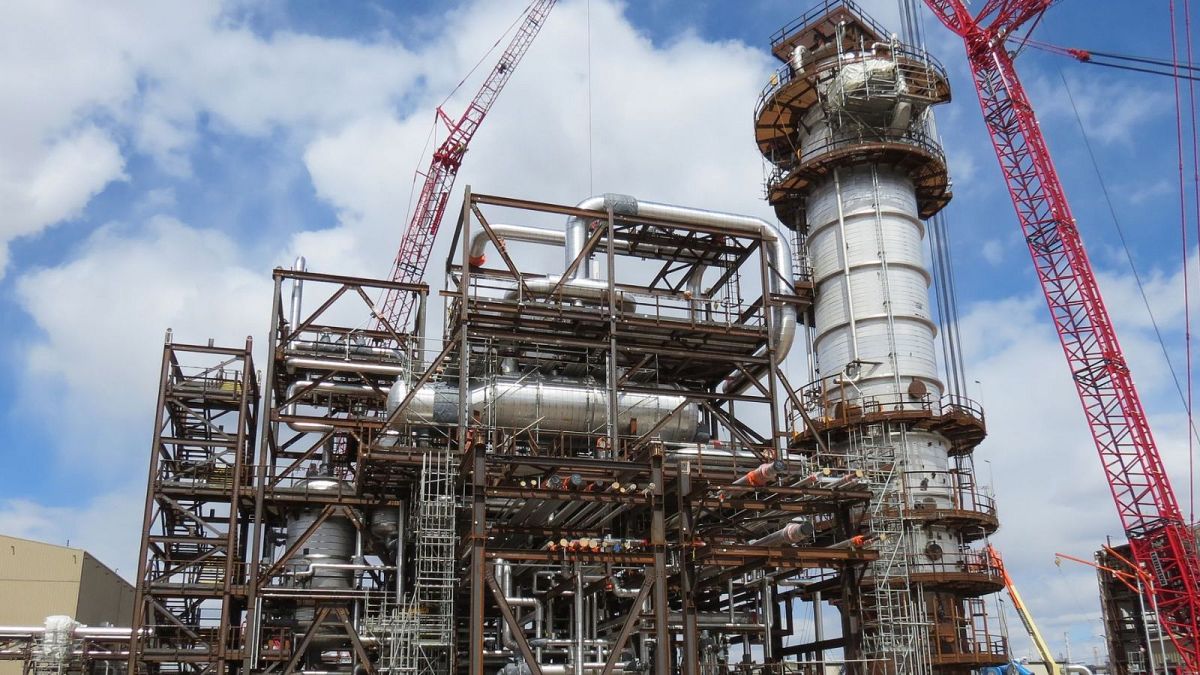As I have pointed out many times…this irrational exuberance has a familiar smell and .com story arc…




EV’s Enter the Doom Loop
There is an almost predictable storyline in how these ventures have played out, which is reminiscent of the dot-com bubble of a quarter-century ago, except that the dot-com bubble wasn’t suffused in eco-virtuousness nor did the companies of its era receive such heavy public subsidization before going bust.
The typical boom-to-bust storyline of companies in the EV-era starts with the much-hyped announcement of a “transformational” new manufacturing operation that will be built, bringing hundreds (or thousands) of environmentally responsible jobs, generously funded with federal and state incentive dollars, to produce something that will satisfy the imminent demand for a product (EVs) that actually has no history of consumer demand.
Politicians then proudly pose for photo ops with the enviro-hustlers to whom they are handing out tax dollars. The company also goes public, and despite a lack of profit or meaningful revenue, its stock price soars. As product demand fails to develop, the company continues to produce press releases promising fabulous things to come, which credulous media sources breathlessly republish as news. But the lack of revenue and cash flow ultimately catch up with the company; promised expansions are canceled; the stock price collapses; and the story ends with the promised plant either closing or never getting built in the first place.
Though there are numerous such examples, and there will be plenty more as the implosion of the EV bubble intensifies, the story of an Australian company named
Tritium that manufactures -- or perhaps I should say, “manufactured
” -- EV charging stations is a textbook example
Tritium’s taxpayer-subsidized plant opened in August 2022, with more
fawning press coverage touting how Tritium, “is investing heavily in the US, basing its spending on a forecast of 35 million battery-electric vehicles in use in the country by 2030 (
compared to 2.6 million plug-ins as of April 2022).” The national media continued to give Tritium a tongue bath, with stories such as this
Time Magazine piece from May 2023 hyping Tritium, and how “car rental giant Hertz’s transition to electric vehicles” would rely on Tritium technology. As we have documented here at
The Pipeline,
Hertz's transition to electric vehicles was a debacle that resulted in severe financial losses, a collapse in Hertz’s stock price, a humiliating retreat from the EV “transition,” and finally the removal of Hertz’s incompetent, enviro-globalist CEO before he could do any more damage.
https://the-pipeline.org/evs-enter-the-doom-loop/

 electrek.co
electrek.co

 electrek.co
electrek.co

www.caranddriver.com

www.cnbc.com

